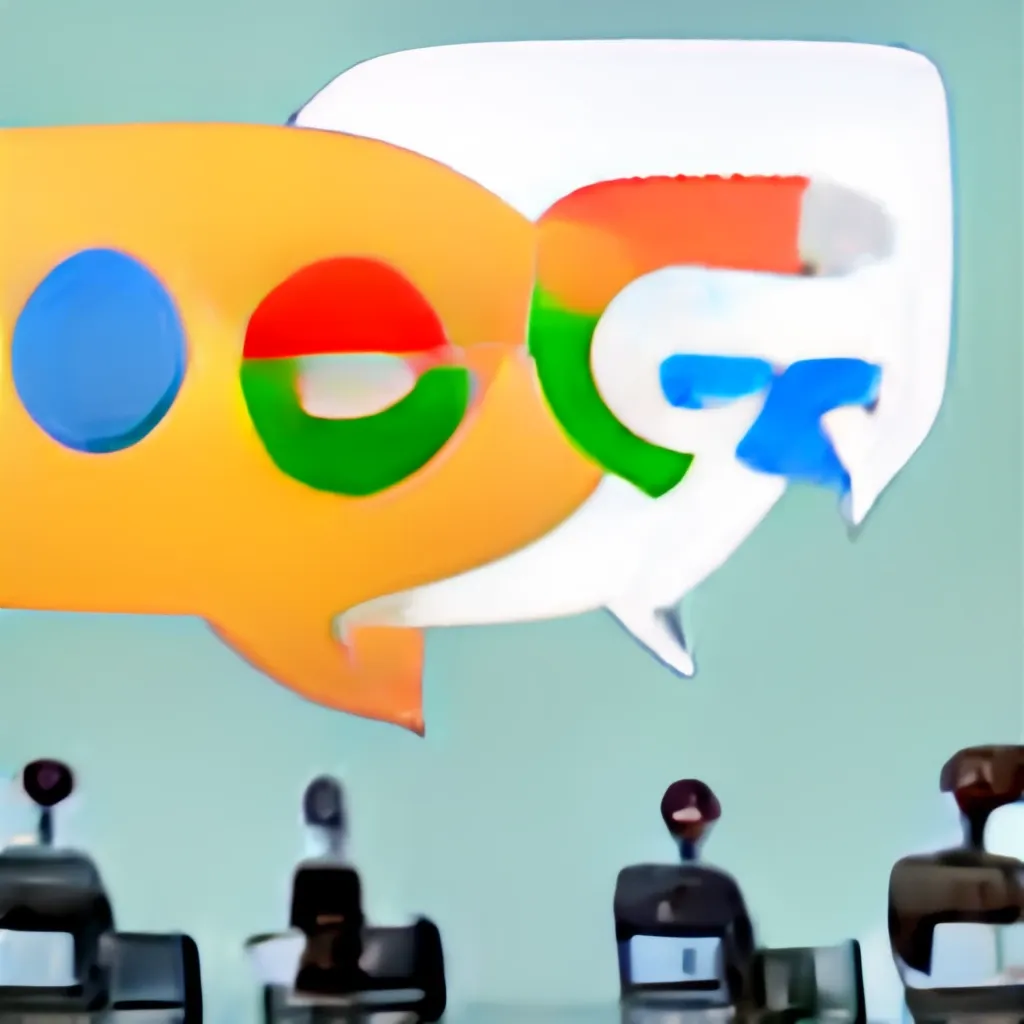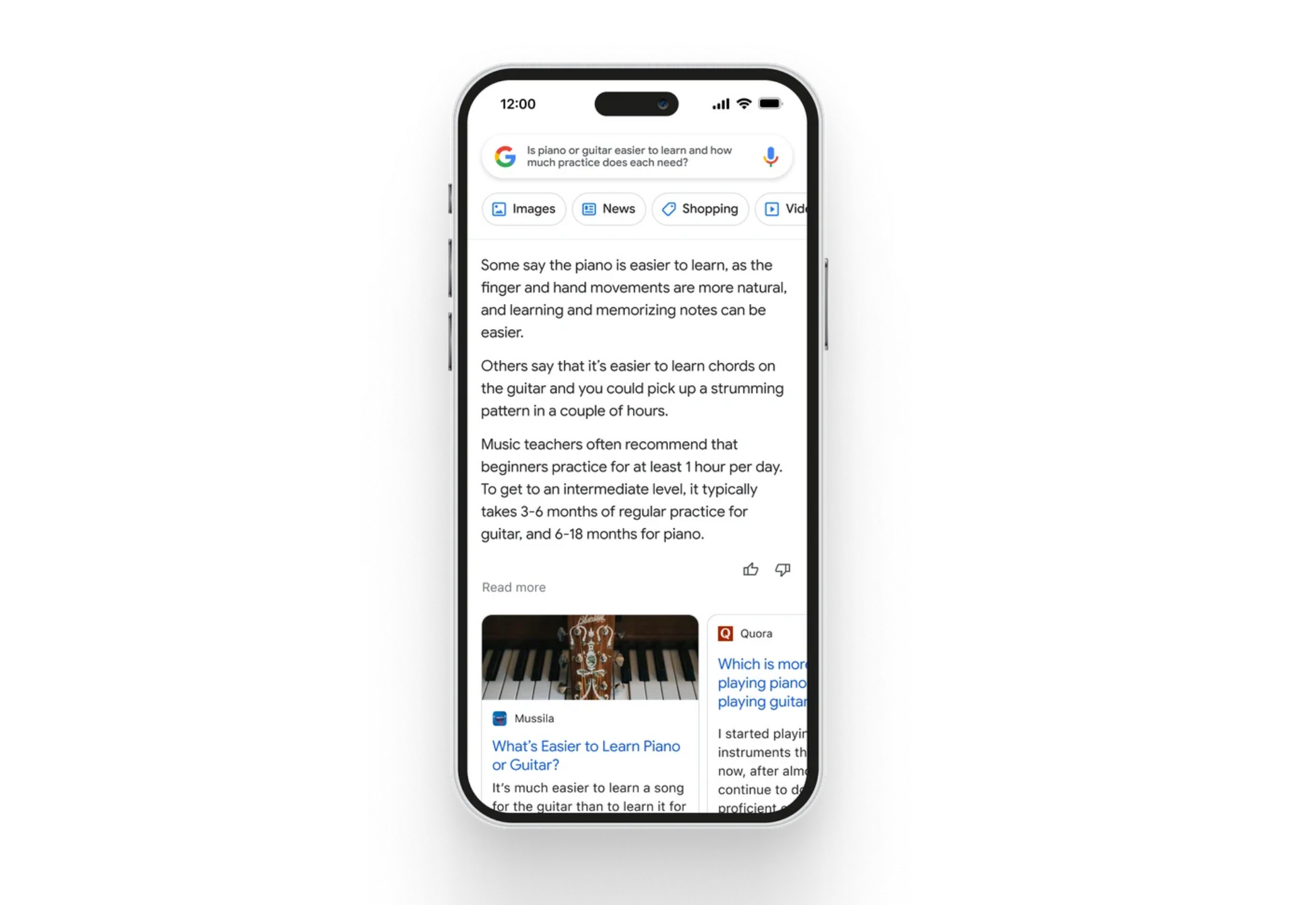Microsoft is prepping for an AI-related announcement today — i.e., on Feb 7th — with several guesses being slung in the direction of a predictive chat-based AI model like OpenAI's ChatGPT. But, a day before the event at the Windows creator's HQ in Redmond, Washington, Google has dropped its own predictive text AI that does pretty much the same and benefits from Google's search and machine learning prowess.
Bard is a language-generation model developed by Google's AI research division. It is trained on a diverse set of texts to generate high-quality text in various styles and genres. The model has been fine-tuned to handle structured data and can generate text based on a given prompt or context.

Like other generative text models, Bard will crawl search engine results to generate text in a news style, fiction, poetry, or any style the user specifies. This makes it a valuable tool for a range of applications, such as content creation, machine translation, and automated summarization.
Bard is bred out of Google's natural language processing models and chiefly built upon a toned-down version of Google's LaMDA to keep computing power requirements low. This allows it to produce easily readable and engaging text for the reader.
Soon, Google says, AI-powered results will be cropping up on your search results and will look something like this (kudos for using an iPhone instead of an Android):

The step to launch its own generative language model was long expected from Google, given its dominance in search. Google Bard AI has the potential to change the way we create and consume text-based content, given the model remains free to use and is not mucked up by ads like standard Google search.

